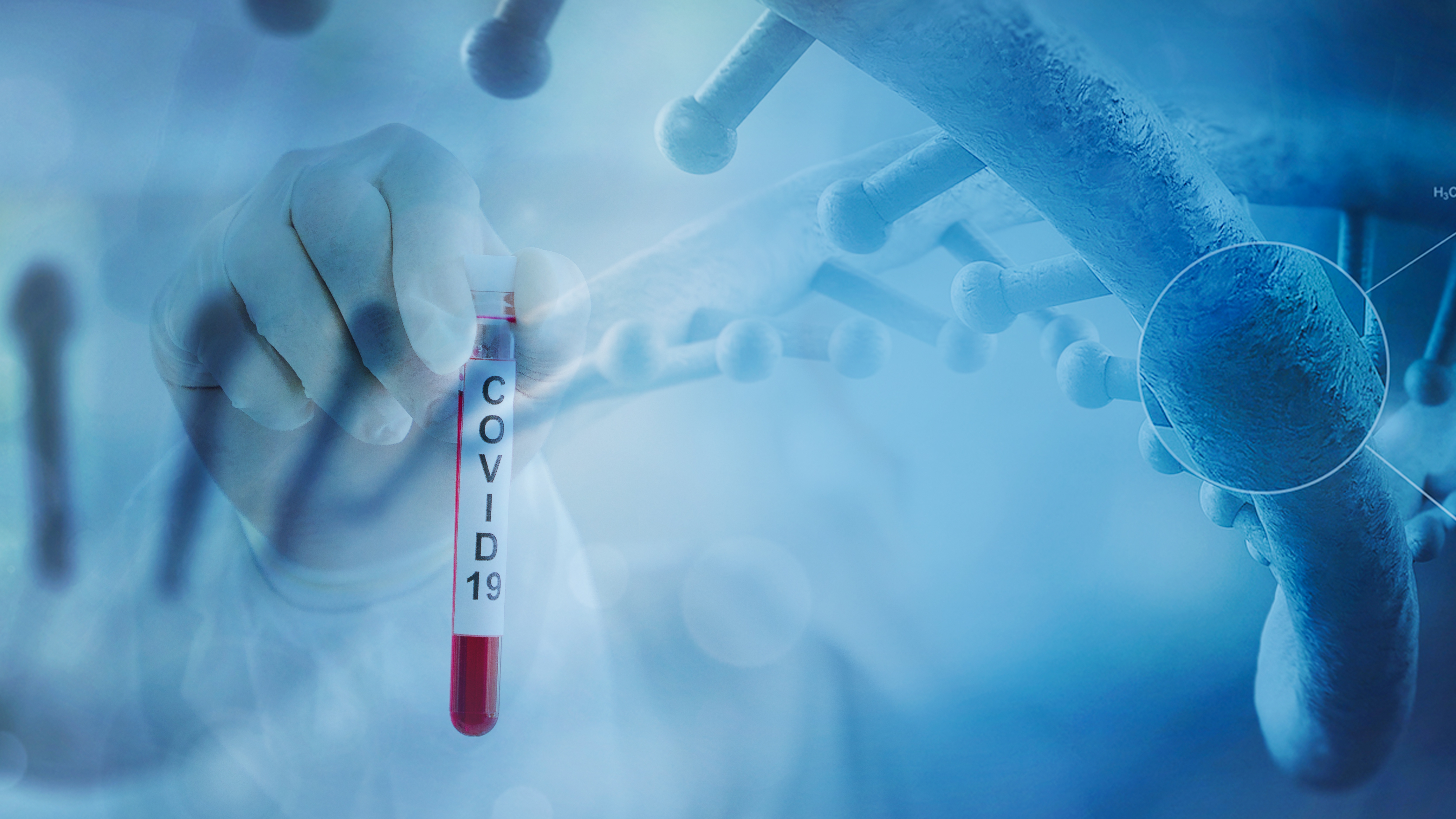Κάνε ΔΩΡΕΑΝ ΤΕΣΤ για HIV, Ηπατίτιδες, Σύφιλη, Χλαμύδια, Γονόρροια ανώνυμα - εμπιστευτικά - γρήγορα
Στα Γραφεία Συμβουλευτικής & Εξέτασης για τη Σεξουαλική Υγεία παρέχονται δωρεάν και ανώνυμα, κατόπιν ραντεβού, γρήγορα τεστ για HIV, Ηπατίτιδες, Σύφιλη, Χλαμύδια και Γονόρροια. Υπάρχει η δυνατότητα συνταγογράφησης εμβολίων έναντι των ιών Ηπατίτιδας Α & Β και του ιού HPV καθώς και συνταγογράφησης προφυλακτικής αγωγής πριν από την έκθεση στον HIV (PrEP). Επίσης, όπου κρίνεται απαραίτητο, γίνεται παραπομπή σε υπηρεσίες υγείας και διασύνδεση με την ιατρική φροντίδα. Τέλος, παρέχεται συμβουλευτική και εξατομικευμένη ψυχολογική υποστήριξη πριν και μετά το τεστ.
Κλείσε ραντεβού:
Γραφείο Συμβουλευτικής & Εξέτασης για τη Σεξουαλική Υγεία (ΕΟΔΥ) - Πολυκλινική Αθηνών
Πειραιώς 3, Ομόνοια, 210 8813615, sexualhealth@eody.gov.gr
Γραφείο Συμβουλευτικής & Εξέτασης για τη Σεξουαλική Υγεία (ΕΟΔΥ) - Νοσ. «Α. Συγγρός»
Ίωνος Δραγούμη 5, Αθήνα, 210 7239945, sexualhealth.syggros@eody.gov.gr
Γραφείο Συμβουλευτικής & Εξέτασης για τη Σεξουαλική Υγεία (ΕΟΔΥ) - Κέντρο Υγείας Πειραιά
Καραολή & Δημητρίου 39, 210 4115672, sexualhealthpeiraia@eody.gov.gr
Γραφείο Συμβουλευτικής & Εξέτασης για τη Σεξουαλική Υγεία (ΕΟΔΥ) – (ΝΑΔΝΘ) Θεσσαλονίκη
Δελφών 124,2313 308878, 2310 243363, sexualhealth.thess@eody.gov.gr
Γραφείο Συμβουλευτικής & Εξέτασης για τη Σεξουαλική Υγεία (ΕΟΔΥ) – Γενικό Νοσοκομείο Βόλου «Αχιλλοπούλειο» (Πτέρυγα Παλαιού Νοσοκομείου)
Πολυμέρη 134, 2421 352136, sexualhealth.volos@eody.gov.gr
Γραφείο Συμβουλευτικής & Εξέτασης για τη Σεξουαλική Υγεία (ΕΟΔΥ) Αλεξανδρούπολης
Ανδρονίκου 36, 25510 25748, sexualhealth.alex@eody.gov.gr
Περισσότερες πληροφορίες:
Γραφεία Συμβουλευτικής & Εξέτασης για τη Σεξουαλική Υγεία
17/12/2025
Slider














